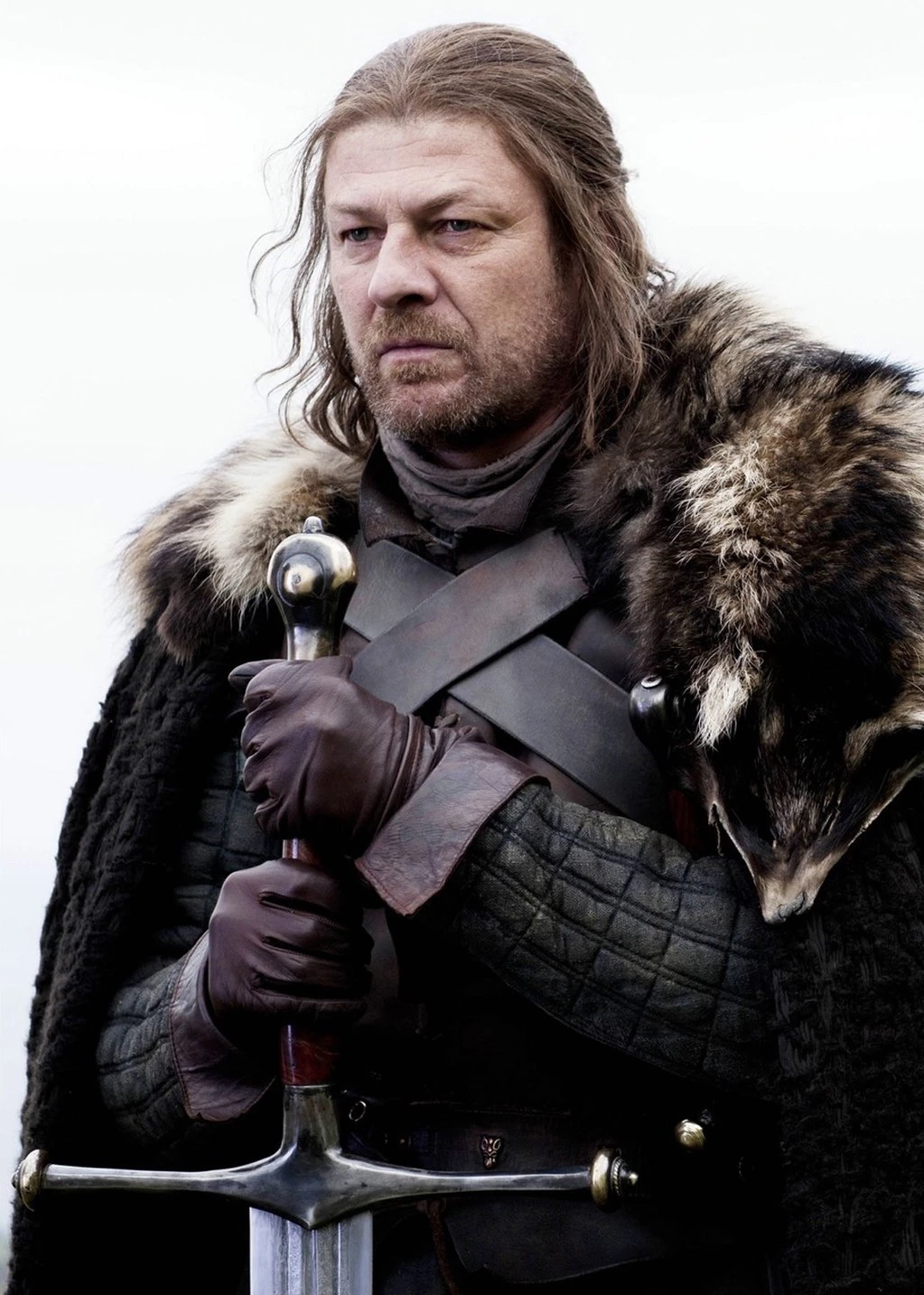As the men travel, Annatar gets the sense that their loyalty is the exception here, rather than the norm, and born of their lord's reputation for fairness and honor.
The land is not entirely barren, but is far from fertile. The rolling hills are covered with verdant grasses and tall clusters of trees stud the countryside, but there are great jagged rock outcroppings as well and the air is cold. There are animals about, but they scatter at the passing of the horses. Deer, peering timidly from betwixt the gnarled boughs of the trees, little red foxes darting away into the underbrush, mice in their cozy holes, birds chirping shyly from hidden places in the thickets. Gradually, the untamed grasses give way to fenced pastures and lowing cattle. There are low homes of a grey stone loosely piled together and patchily mortared, thatched in pale straw. Plows and hoes and other farm implements have the dull sheen of untempered iron, their hafts and shafts of dark barely-worked wood. A low grey fortress looms on the horizon- its towers short and squat, its keep a pale shadow of even the merest kingdom of men in Annatar's home world and with entirely too few spikes for Annatar's tastes. The thoughts- and slowly more intelligible words- of the men paint the north as the largest of the seven kingdoms, however, and they seem proud of the fortress. They stop in a field where a large man and his household wait for them.
He is taller than the rest of these men, and broader in the shoulder, but smaller and uglier than even the least of the men of Numinor. Upon his shoulders a great wolf pelt, and on his chest a riveted breastplate. His breast bears the running wolf sigil of his house, and sword is a massive two handed affair made of a shining braided steel. The blade is of noticeably better craftsmanship than the weapons of the men who brought their prisoner here, but it doesn't hum in the song of the world like the magical blades of the Eldar, and it is covered with the telltale sheen of oil, implying a susceptibility to rust not shared by mithril or any of the great workings of Annatar's world.
In the grass before this man there is a rough-hewn lump of wood like an ancient organic boulder, a carved channel for the neck and shoulders describes a dark recess in the oft-scarred top and the wood is stained with the dark patterning of old blood soaked into the grain and wiped away, time after time after time. Behind him stand three young men, two of whom share his features, one who does not, as well as a boy-child. All are armed and armored, their horses picketed a short stretch away. Their mail glints steel in the slowly fading light, their clothing is tight-spun and closely stitched. Lightly embroidered on the sleeves, and laced tight at the throat, but wool and cotton still, not linen or silk. They wear cloaks of black or grey or brown, all trimmed about the neck with fur. Their arms are polished and unmarked by pitting or rust or patina, but of straight-edged steel with plain cross guards and leather-wrapped handles. The arrows in quivers at their sides are fletched in pale goose quills and are long and straight, their bows of simple single-curved ash. There is no artistry in their weapons, no runes of power glinting anywhere, but they are well made and functional. They are the weapons of a people used to war, and used to the manufacture of war materiel, but a people who view weapons as tools only, and not artistry to lavish care and beauty upon.











